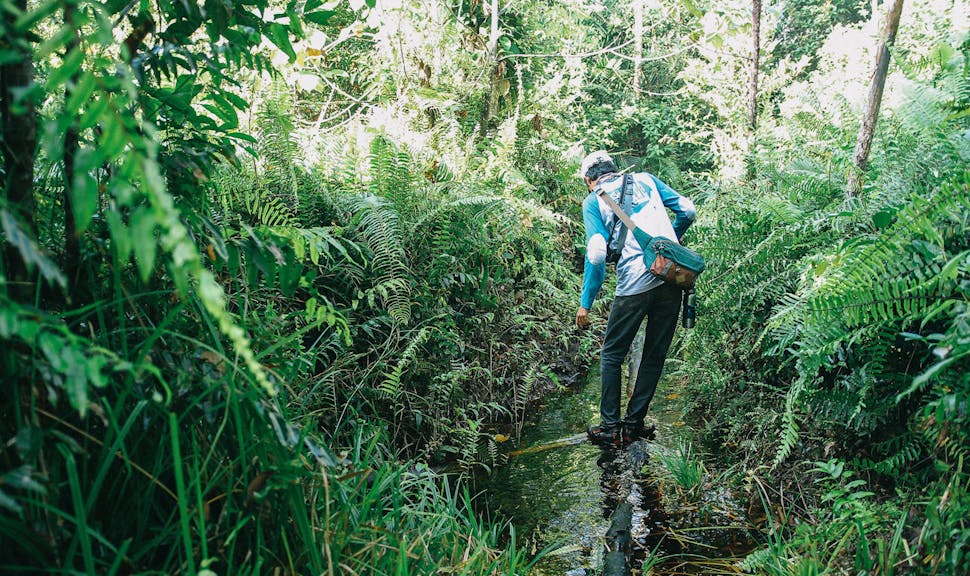
February 16, 2017
How we’re supporting 220 women to help better protect in the future
The AXA Research Fund supports an incredible 220 women researchers worldwide. From 26 countries, covering 44 nationalities, each researcher is engaged in fundamental projects for the better understanding and prevention of major risks that impact society.
1 minute
Four Major Research Programs
Of the 220 scientists, four of these exceptional women are piloting major research programs. Take for example, Luisa De Cola, AXA Chair on Supramolecular Chemistry at the University of Strasbourg, whose objective is to improve health through the use of supramolecular chemistry and nanoparticles. Or Katharine Cashman, AXA Chair in Volcanology at Bristol University, whose aim is to understand and attenuate volcanic catastrophes, for local communities and flight safety.
Adventure meets research
During her travels in South Africa recently, Chelsie (our Great Global Adventurer) was lucky enough to have the chance to meet Dr Nadia Chanzu, AXA Research Fellow at the University of Cape Town. Her post-doctoral fellowship is focused on Mother’s Immune System, HIV and Preterm birth. Here’s what she had to say:

Nadia Chanzu
AXA Research Fellow
I received my AXA Research Fund fellowship in 2015 and what I’m working on here is pregnancy and HIV. Specifically, I’m trying to understand why women who have HIV are more likely to give birth prematurely. Babies should stay in their mother’s tummy for 9 months, but we’ve found that women who have HIV tend to be premature. So I’m basically trying to understand the immunology, which is how the immune systems and the t-cells in the placenta may be altered and which results in the baby being premature.
Nadia’s study and its findings could pave the way in discovering new therapies to help reduce and mitigate the numbers of premature births that occur in vulnerable populations.

Why do we support scientists?
With each of these research projects, the AXA Research Fund aims to provide researchers with the means and freedom to complete their work successfully, so that they feel encouraged to explore new avenues. It’s also important to help promote the discussions around these projects, to foster scientific exchanges and encourage knowledge-sharing.
We’re hugely proud of the work that the AXA Research Fund does in supporting the scientific community around the world, especially with women scientists. Through each of these research projects we can all learn how to better protect ourselves and others for tomorrow and the future.



